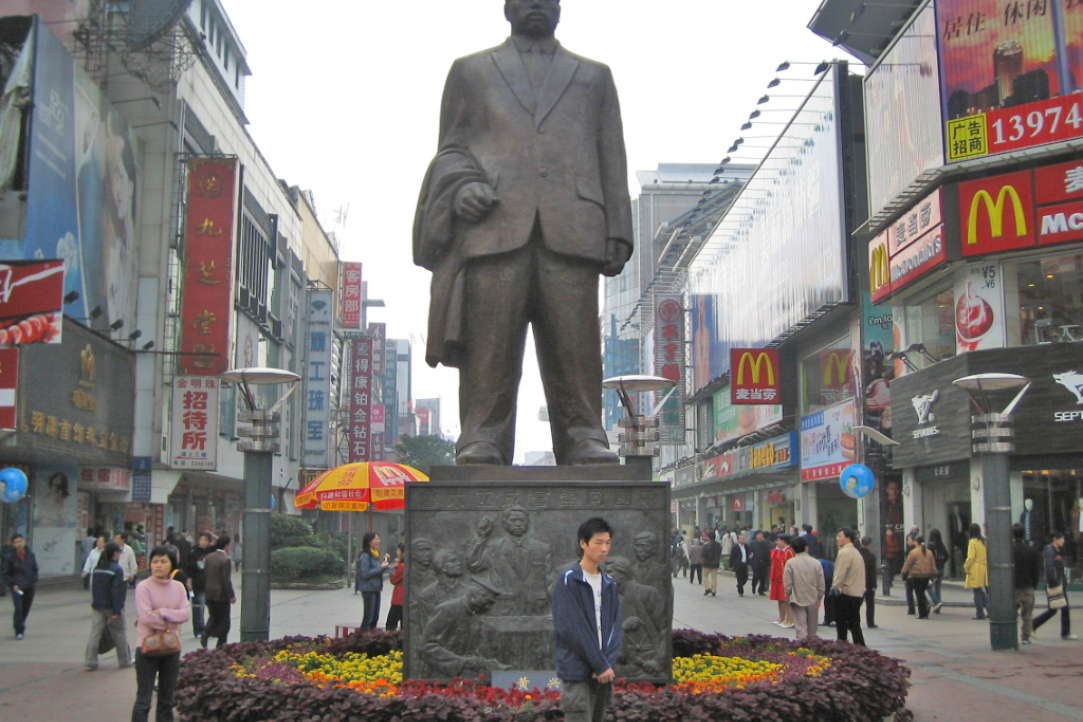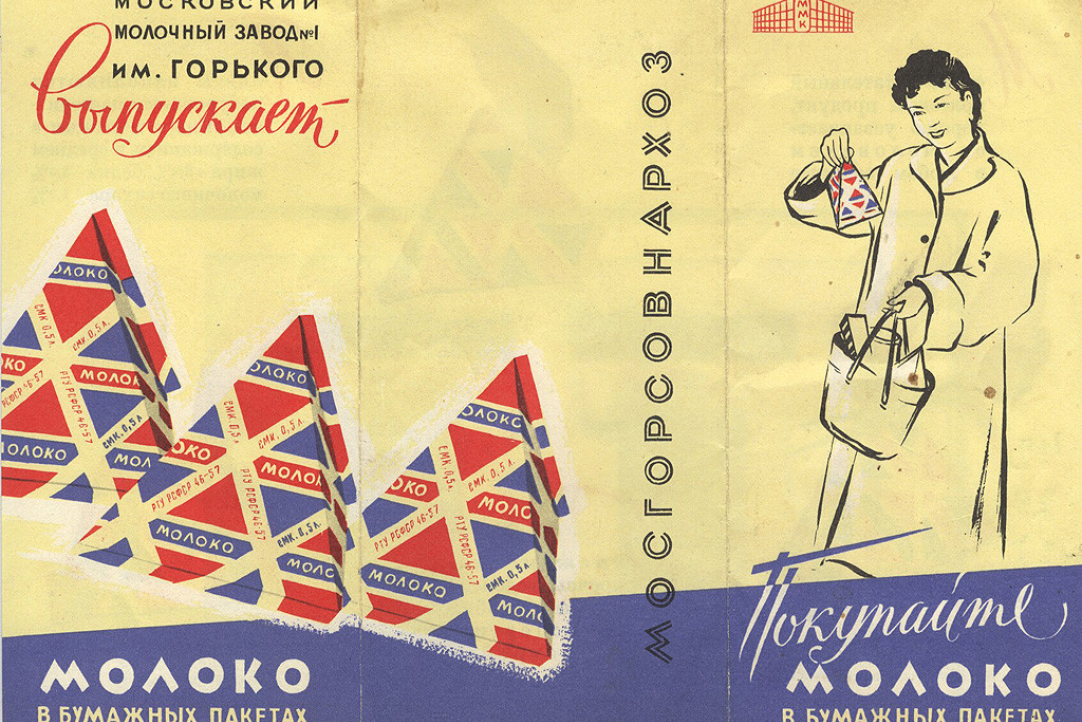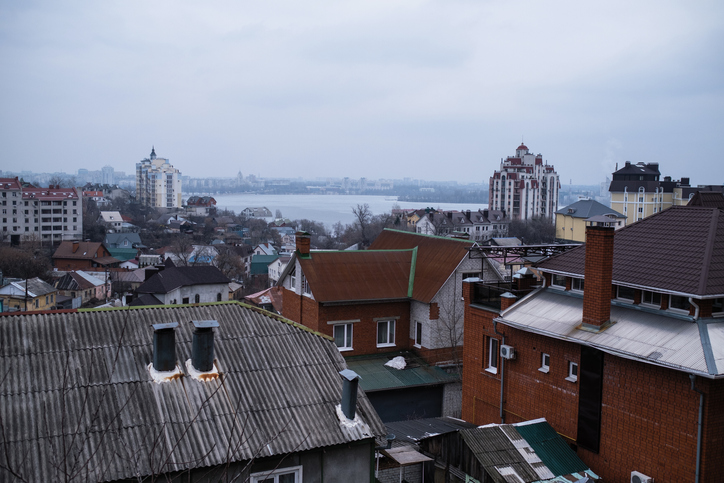
Tag "IQ"


Sometimes, minor errors take on major importance and actuallyinfluence how we perceive literaryclassics. A new collection of verse by Marina Tsvetaeva from Azbuka publishers provides a perfect example of this. The cover bears a photo of another woman that was taken from the Internet. Svetlana Saltanova, IQ.HSE portal editor and author of a book on Tsvetaeva, explains how the ‘fake’ came to be, and why readers no longer recognize or understand the real poet.







